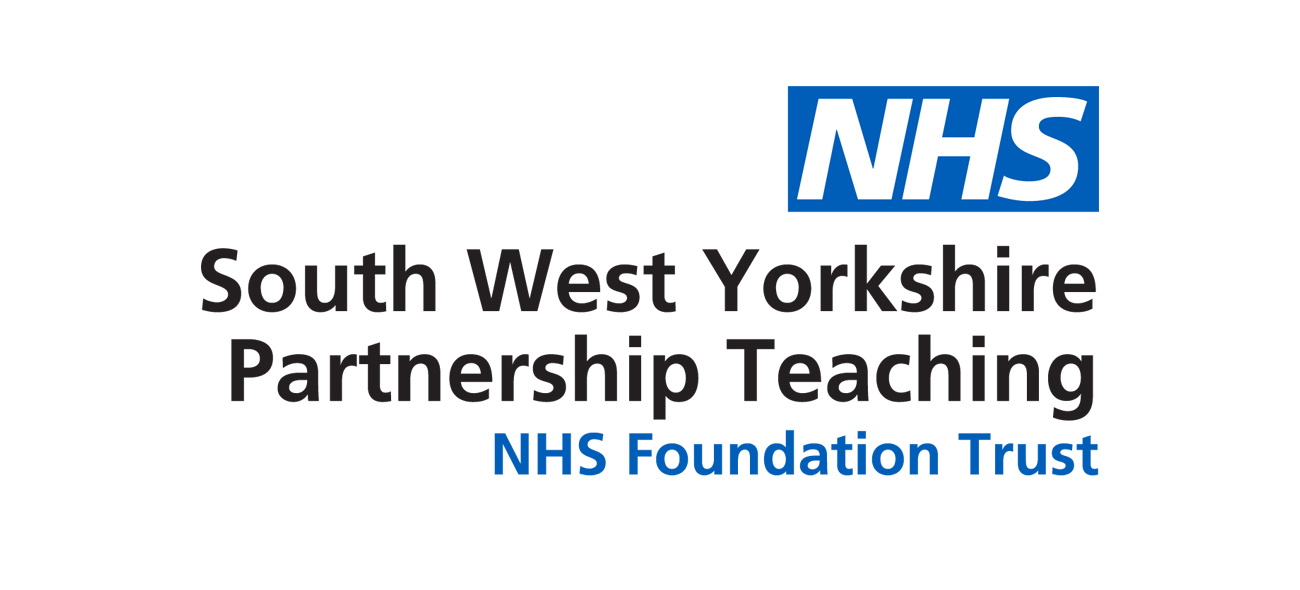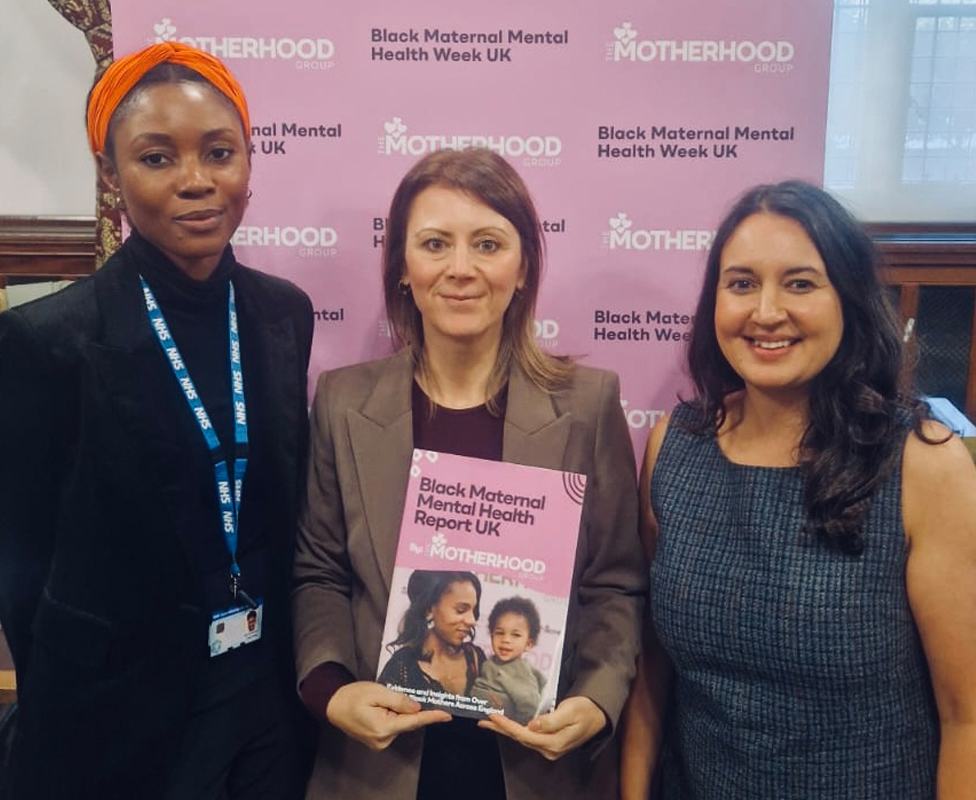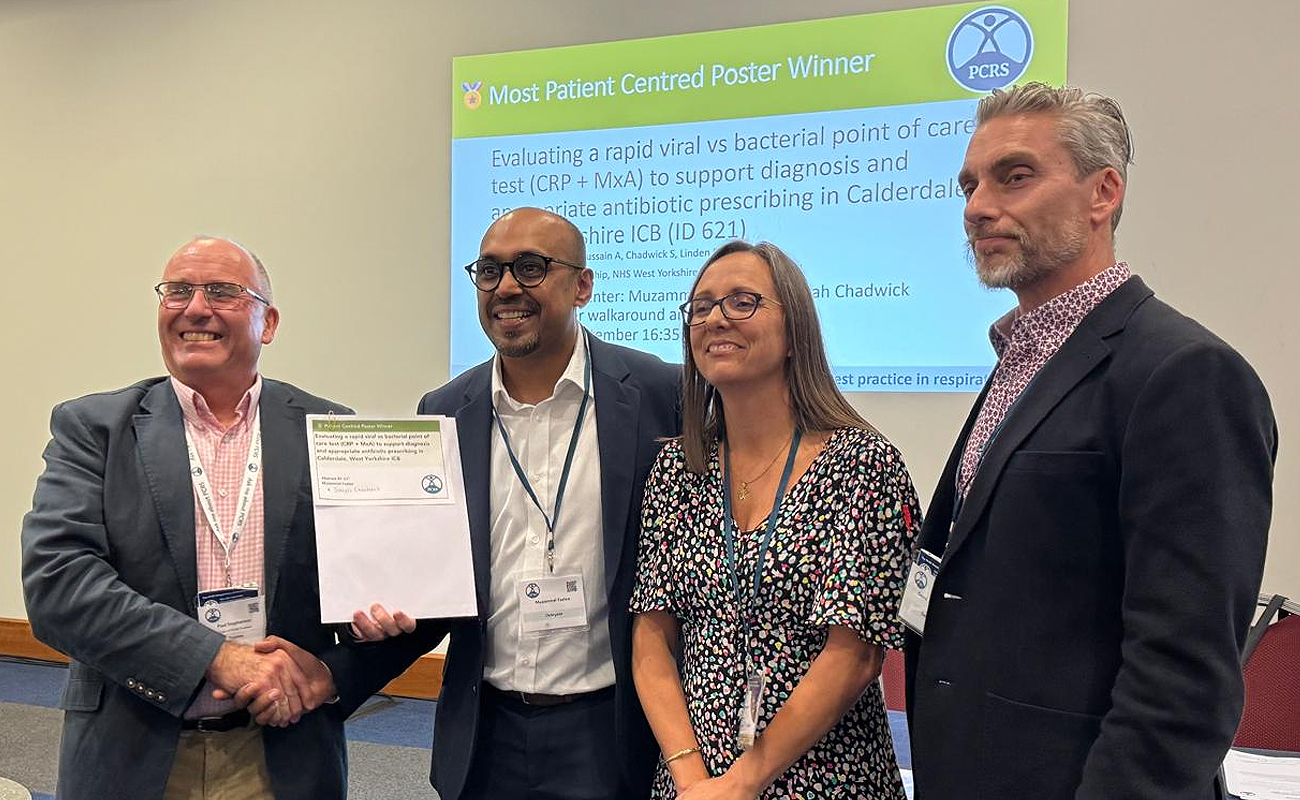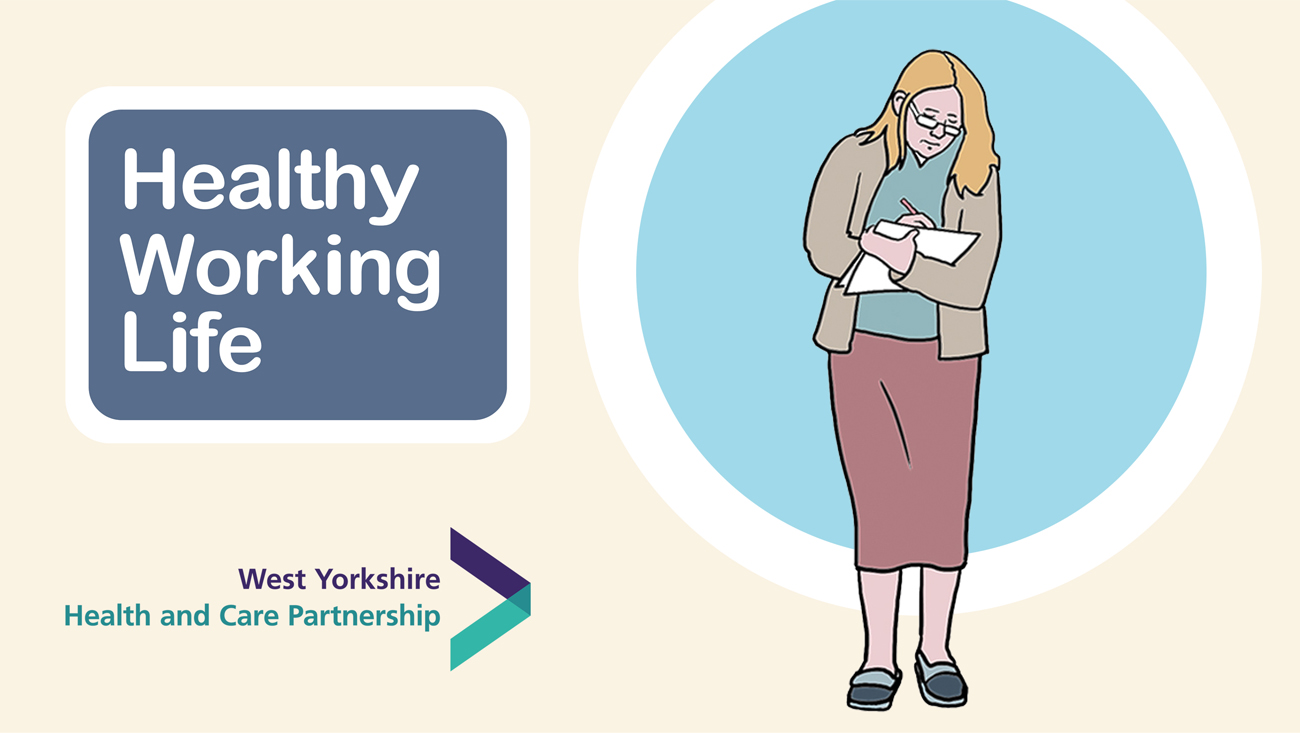With the launch of a new West Yorkshire healthy heart hypertension guideline coming soon, this blog comes from Emily Turner, a lead pharmacist with a specialist interest in cardio renal. Emily’s blog looks at how the new guideline is an opportunity for West Yorkshire to lead on prevention.
Hello, my name is Emily
 High blood pressure (also called hypertension) is the biggest risk factor for heart disease and stroke that we can do something about. Around one in four adults in the UK have it, but many remain undiagnosed or undertreated. In West Yorkshire, this adds up to thousands of preventable heart attacks, strokes and cases of kidney disease every year.
High blood pressure (also called hypertension) is the biggest risk factor for heart disease and stroke that we can do something about. Around one in four adults in the UK have it, but many remain undiagnosed or undertreated. In West Yorkshire, this adds up to thousands of preventable heart attacks, strokes and cases of kidney disease every year.
The new West Yorkshire healthy heart hypertension guideline gives us the chance to change this - and to do so together.
A stronger evidence base, a sharper focus
The evidence is clear - controlling blood pressure saves lives. Lowering it, even by a small amount, reduces the risk of heart attacks, strokes and early death. The new guideline encourages more ambitious blood pressure targets (below 130 over 80), provided treatment is well tolerated, reflecting evidence that lowering systolic blood pressure further reduces risk. Aiming lower is expected to get more people to the NICE targets overall.
A key change is the move towards using two types of blood pressure medicines together, right from the start, but at lower doses. This approach helps people reach healthier blood pressure levels more quickly and safely, with fewer side effects. It also avoids the stop-start cycle of switching medicines over time and reduces the need for repeated trips to the doctor.
Read more on the Partnership website.
Thanks for reading,
Emily


 Hello, my name is Sarah, and I’ve recently joined the ICB as a Knowledge Mobilisation Fellow. This role is hosted by NIHR Applied Research Collaboration for Yorkshire and Humber, and I have an honorary contract at the ICB, where I sit within the Strategy and Transformation Team.
Hello, my name is Sarah, and I’ve recently joined the ICB as a Knowledge Mobilisation Fellow. This role is hosted by NIHR Applied Research Collaboration for Yorkshire and Humber, and I have an honorary contract at the ICB, where I sit within the Strategy and Transformation Team.
 Earlier this week, the Care Quality Commission (CQC) published a well-led inspection report for Leeds Teaching Hospitals NHS Trust (LTHT) which confirms the outcome as Requires Improvement, with work to be done at senior leadership level. Last week, LTHT was confirmed as one of the 14 Trusts that will be part of the national maternity investigation. As a system, we welcome both the CQC report and the national maternity investigation.
Earlier this week, the Care Quality Commission (CQC) published a well-led inspection report for Leeds Teaching Hospitals NHS Trust (LTHT) which confirms the outcome as Requires Improvement, with work to be done at senior leadership level. Last week, LTHT was confirmed as one of the 14 Trusts that will be part of the national maternity investigation. As a system, we welcome both the CQC report and the national maternity investigation. Kate Sims, Director of People at NHS West Yorkshire ICB will support LTHT for a period of four months, with a staged transition, starting from Monday 29 September. Kate will work across both the ICB and LTHT for a short period, moving across fully to LTHT in the next couple of weeks. Jenny Lewis, the current Director of Human Resources and Organisational Development, has taken on a role closer to home as Chief People Officer for the Bristol NHS Group.
Kate Sims, Director of People at NHS West Yorkshire ICB will support LTHT for a period of four months, with a staged transition, starting from Monday 29 September. Kate will work across both the ICB and LTHT for a short period, moving across fully to LTHT in the next couple of weeks. Jenny Lewis, the current Director of Human Resources and Organisational Development, has taken on a role closer to home as Chief People Officer for the Bristol NHS Group. Following approval by the University of Leeds, South West Yorkshire Partnership Teaching NHS Foundation Trust is now recognised as a teaching trust.
Following approval by the University of Leeds, South West Yorkshire Partnership Teaching NHS Foundation Trust is now recognised as a teaching trust. Three colleagues attended a landmark event at the Houses of Parliament on 23 September to mark Black Maternal Mental Health Week UK. Organised by The Motherhood Group, the event brings together Black mothers, clinicians and policymakers to share lived experiences and clinical insights, with a focus on shaping policy and improving outcomes in maternal healthcare.
Three colleagues attended a landmark event at the Houses of Parliament on 23 September to mark Black Maternal Mental Health Week UK. Organised by The Motherhood Group, the event brings together Black mothers, clinicians and policymakers to share lived experiences and clinical insights, with a focus on shaping policy and improving outcomes in maternal healthcare.  Shaukat Ali Khan, Chief Digital and Information Officer at the ICB, has once again earned a place in the prestigious World CIO 200 list - marking his third consecutive recognition. At the Global CIO Forum’s 10th anniversary Grand Finale in Egypt, Shaukat was recognised for his outstanding leadership and global contributions to digital transformation. The summit gathered technology leaders from over 50 countries, honouring a decade of innovation and excellence.
Shaukat Ali Khan, Chief Digital and Information Officer at the ICB, has once again earned a place in the prestigious World CIO 200 list - marking his third consecutive recognition. At the Global CIO Forum’s 10th anniversary Grand Finale in Egypt, Shaukat was recognised for his outstanding leadership and global contributions to digital transformation. The summit gathered technology leaders from over 50 countries, honouring a decade of innovation and excellence. Work in Calderdale which is helping to transform antibiotic prescribing for respiratory infections has been recognised by the Primary Care Respiratory Society (PCRS).
Work in Calderdale which is helping to transform antibiotic prescribing for respiratory infections has been recognised by the Primary Care Respiratory Society (PCRS). A
A